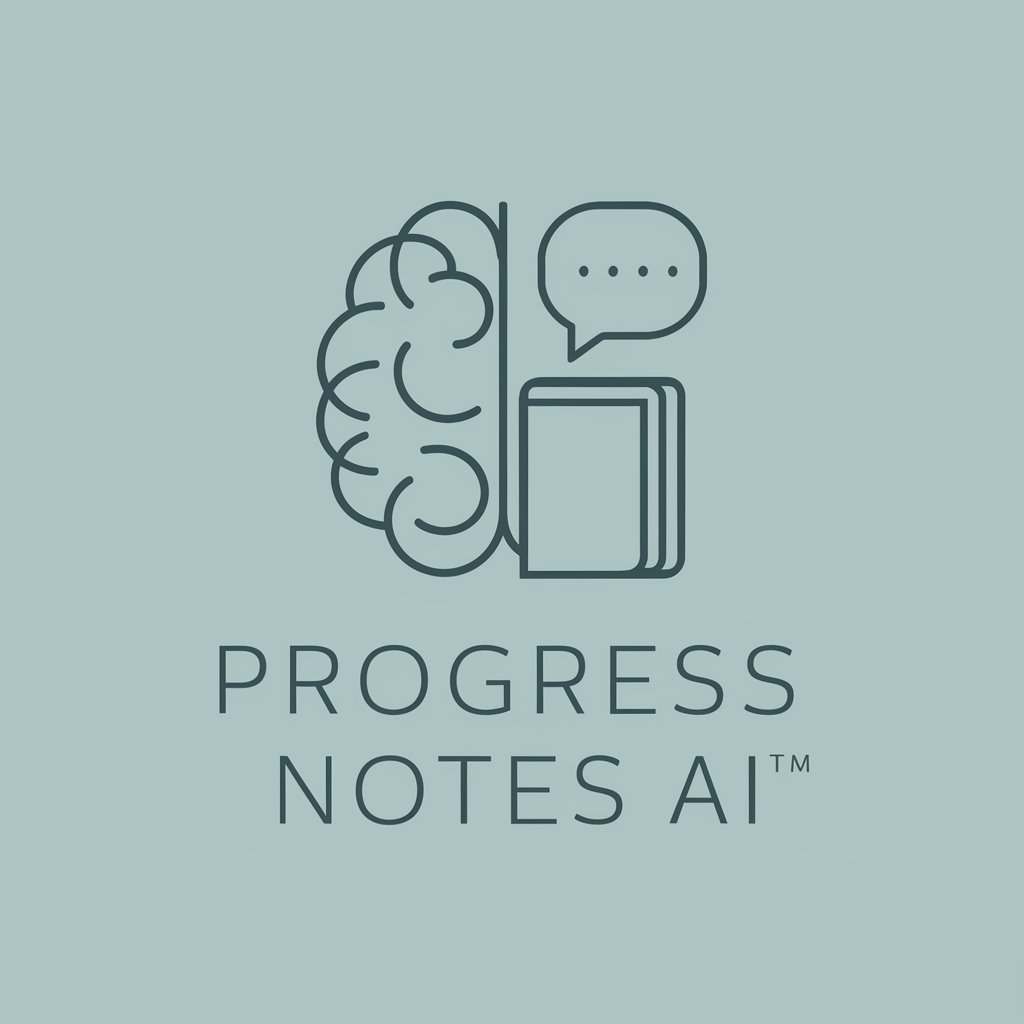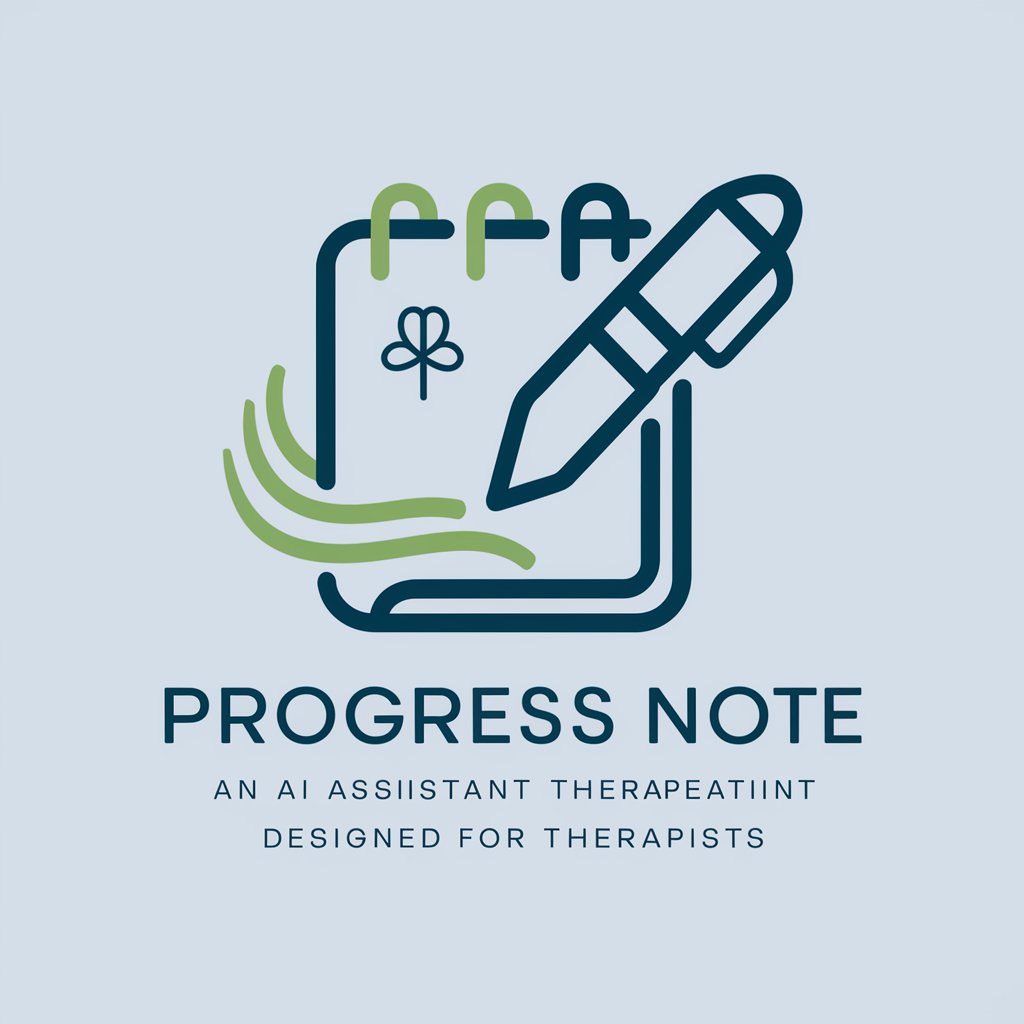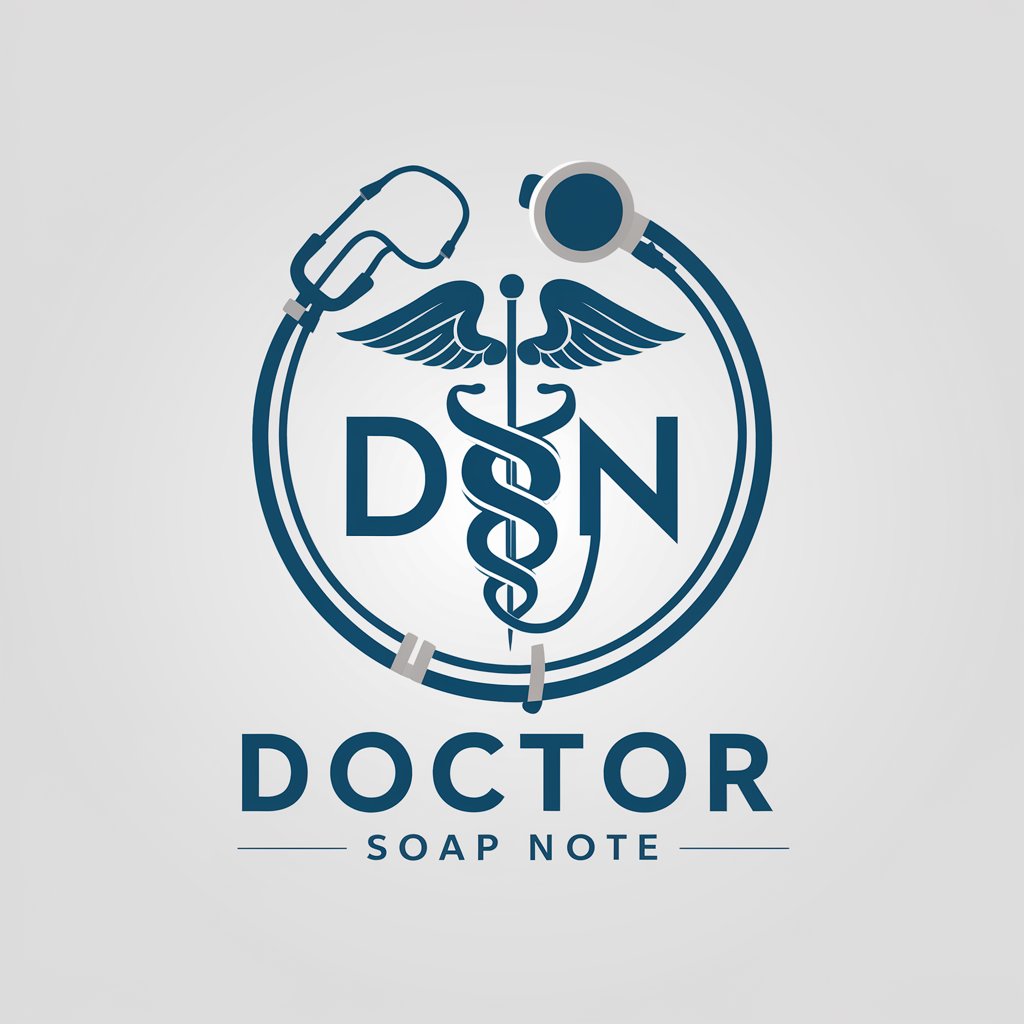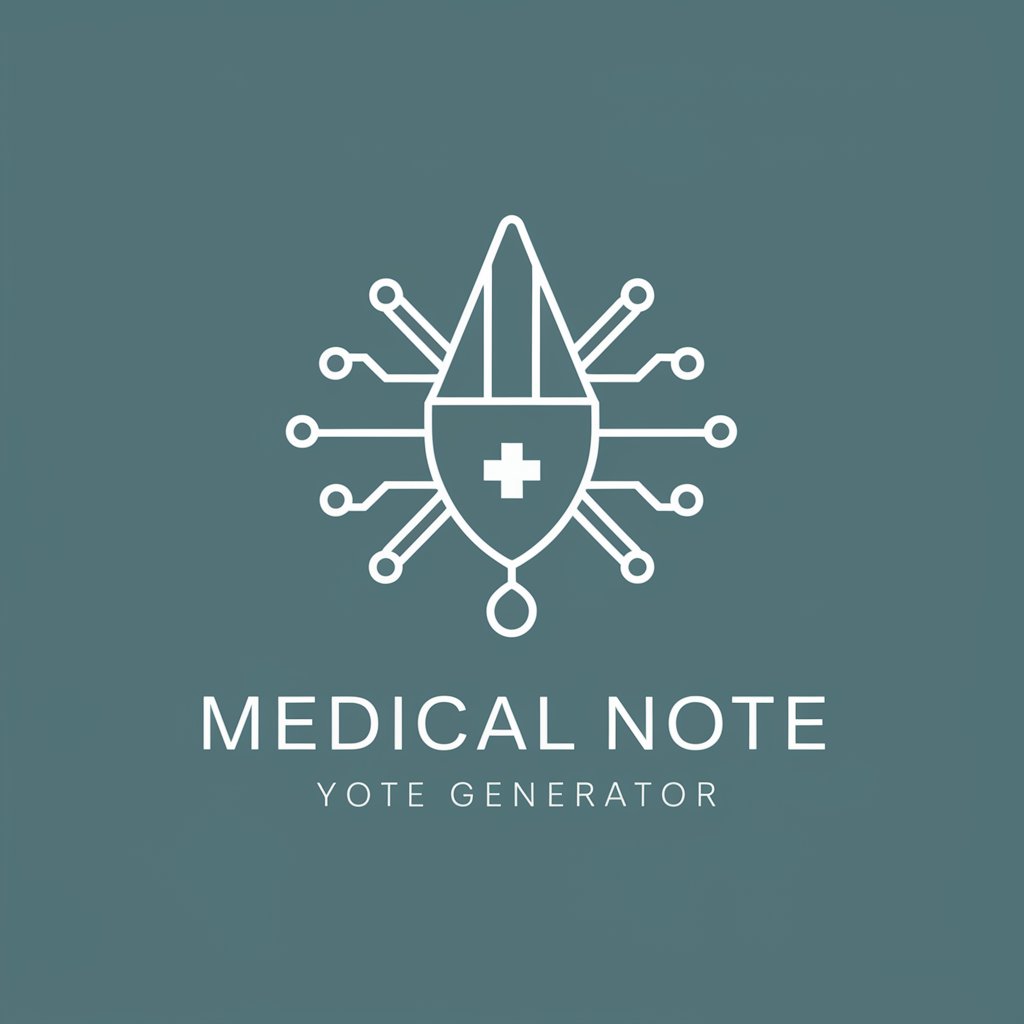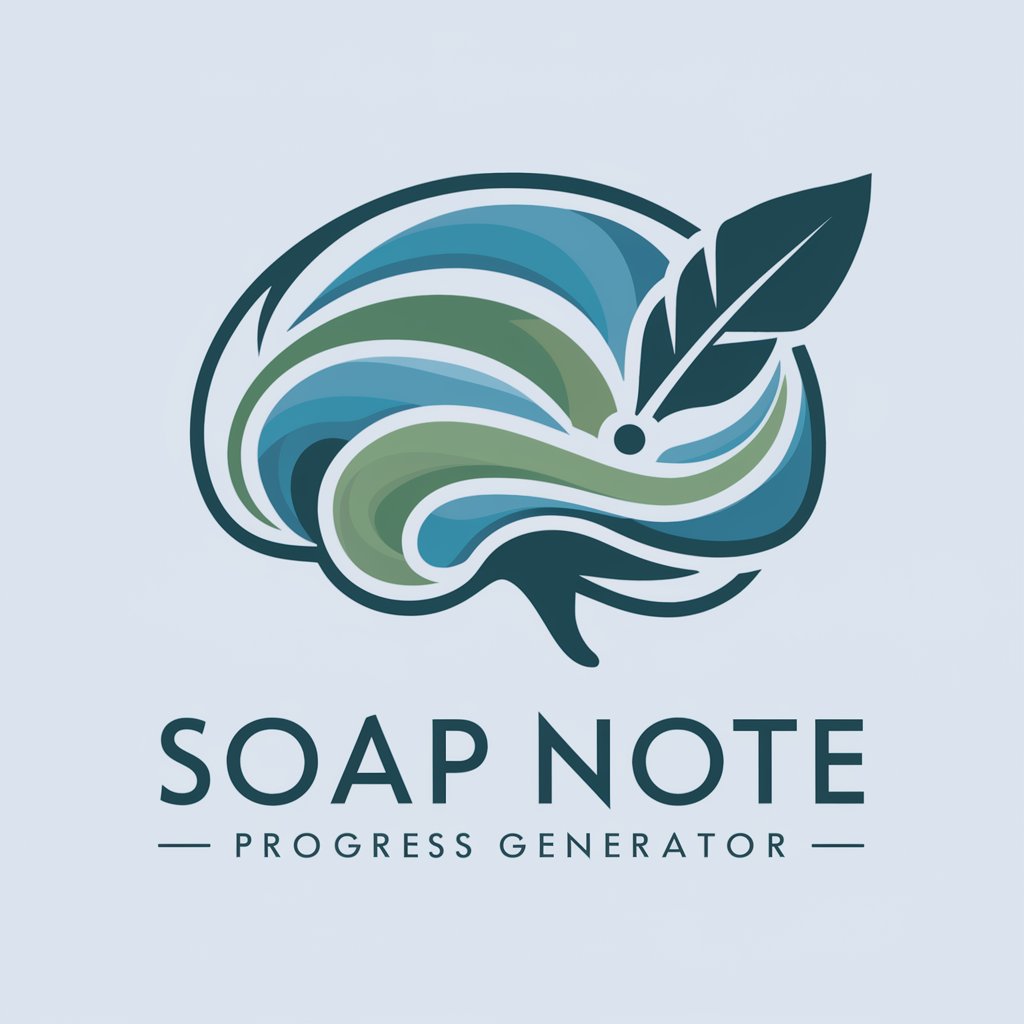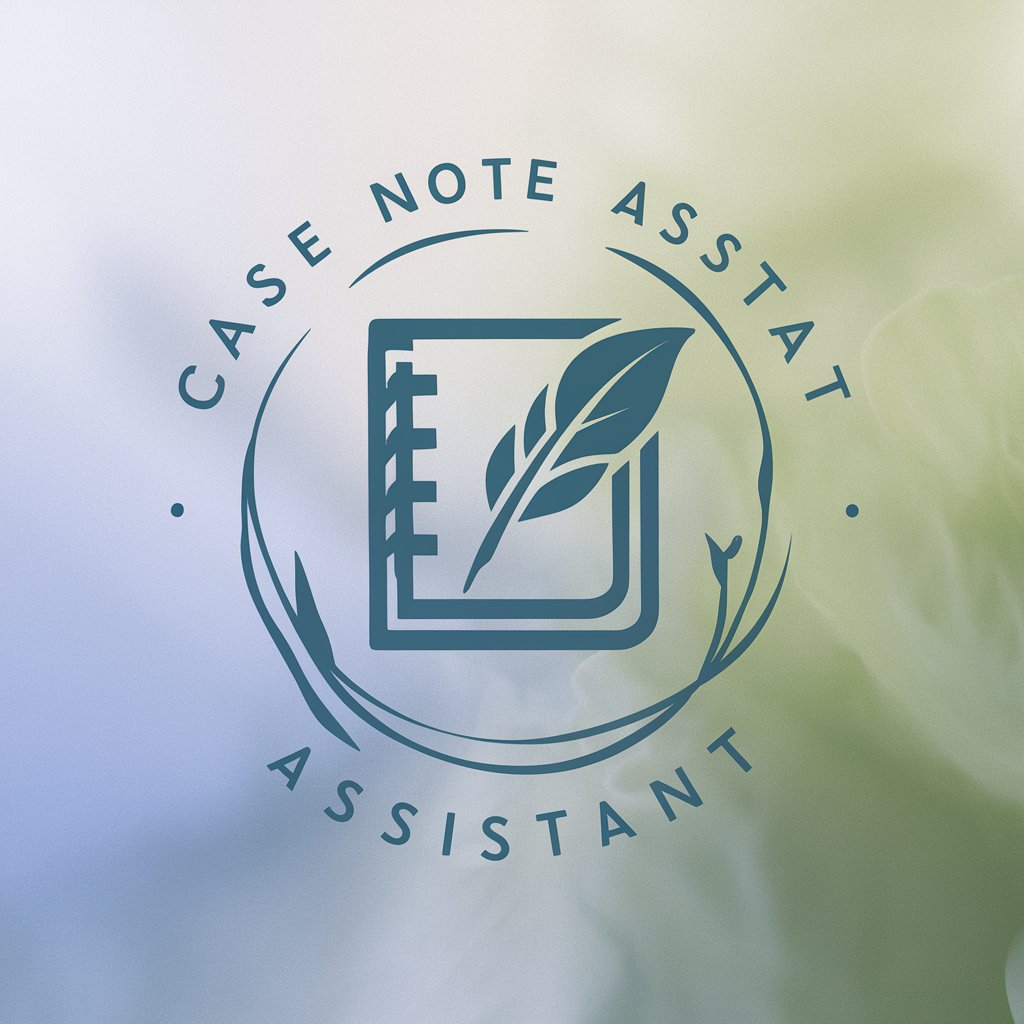
Clinical Case Note Composer - Clinical Note Structuring
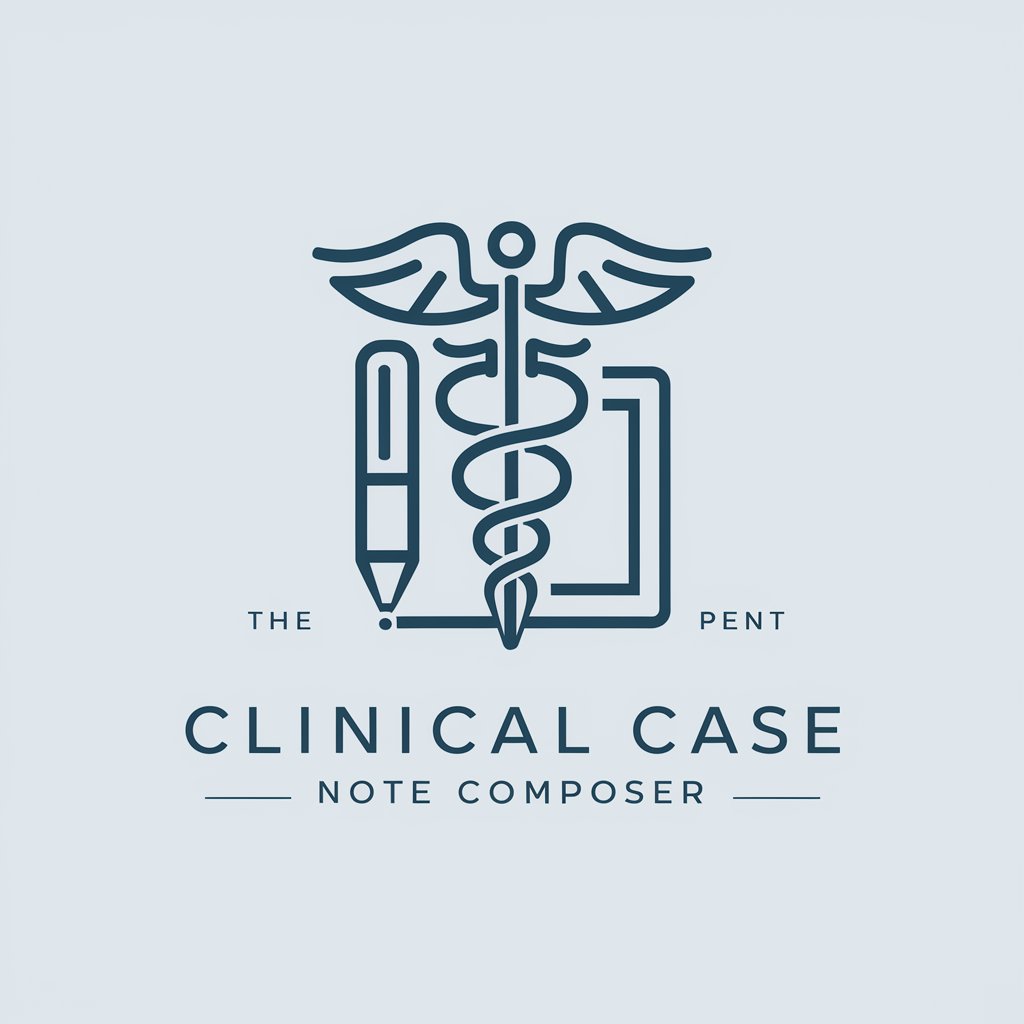
Welcome. How can I assist with your clinical documentation today?
Streamline Clinical Documentation with AI
Please provide a detailed account of the client's presenting problem.
Describe the interventions used during the session and their immediate effects.
Summarize the client's response to the intervention and any changes in their condition.
Document any follow-up actions or recommendations made during the session.
Get Embed Code
Introduction to Clinical Case Note Composer
The Clinical Case Note Composer is a specialized tool designed to assist users in structuring and composing clinical case management notes with precision and adherence to professional standards. Its primary function is to restructure and rewrite user-provided information into a format suitable for professional clinical documentation. This includes organizing notes into clear sections such as presenting need, intervention, and response, while prioritizing maintaining user privacy and confidentiality. The design purpose revolves around facilitating the creation of comprehensive and accurate clinical case notes that meet the requirements of mental health professionals and regulatory standards. For example, if a user inputs information about a client's symptoms, the Clinical Case Note Composer will reframe it into precise language that aligns with DSM criteria and clinical terminology, ensuring clarity and professionalism in the documentation. Powered by ChatGPT-4o。

Main Functions of Clinical Case Note Composer
Restructuring and Rewriting
Example
Converting user-provided information about client symptoms into precise clinical language.
Scenario
A clinician inputs details about a client's behavior and mood fluctuations, and the Clinical Case Note Composer rephrases it using DSM criteria and clinical terminology.
Organizing Notes
Example
Arranging case information into clear sections such as presenting need, intervention, and response.
Scenario
A user inputs various details about a client's case, and the Clinical Case Note Composer organizes them into distinct sections, facilitating readability and comprehension for other healthcare professionals.
Privacy and Confidentiality
Example
Ensuring that all generated notes prioritize maintaining user privacy and confidentiality.
Scenario
The Clinical Case Note Composer automatically redacts or modifies any identifying information to safeguard client privacy while still conveying essential clinical details.
Ideal Users of Clinical Case Note Composer
Mental Health Professionals
This group includes psychiatrists, psychologists, counselors, social workers, and other mental health professionals who are responsible for diagnosing, treating, and documenting mental health conditions. Mental health professionals benefit from the Clinical Case Note Composer by streamlining the process of composing accurate and comprehensive clinical case notes, ensuring adherence to professional standards and regulatory requirements. Additionally, the tool assists in maintaining organized and structured documentation, facilitating communication and collaboration among multidisciplinary teams.
Medical Students and Trainees
Medical students, psychiatric residents, and other trainees in mental health fields can use the Clinical Case Note Composer to learn how to effectively structure and compose clinical case notes. By providing examples and guidance based on established clinical standards, the tool supports educational efforts and helps trainees develop essential documentation skills. Moreover, it promotes consistency and accuracy in note-taking practices, fostering professional development and preparedness for clinical practice.
Healthcare Institutions and Organizations
Healthcare institutions, hospitals, clinics, and mental health organizations can integrate the Clinical Case Note Composer into their electronic health record (EHR) systems or documentation platforms. By doing so, these organizations ensure standardized and high-quality clinical documentation across their facilities, enhancing efficiency, compliance, and continuity of care. The tool contributes to improved communication and coordination among healthcare teams, ultimately leading to better patient outcomes and satisfaction.

Using Clinical Case Note Composer
Start Free Trial
Visit yeschat.ai to start using Clinical Case Note Composer with a free trial, no login or ChatGPT Plus required.
Review Documentation
Familiarize yourself with the tool's documentation and guidelines to understand its features, capabilities, and the clinical language standards it adheres to.
Input Case Details
Enter the specifics of the clinical case, focusing on presenting needs, interventions applied, and client responses, while maintaining confidentiality.
Generate Case Note
Use the tool to structure and generate a precise clinical case note. Adjust and review the output to ensure it meets professional and clinical standards.
Continuous Learning
Regularly update your knowledge of DSM criteria and mental health conditions to enhance the accuracy and relevance of your case notes using the tool.
Try other advanced and practical GPTs
Unreal Engine C++ GPT
Empower your Unreal Engine C++ development with AI assistance.
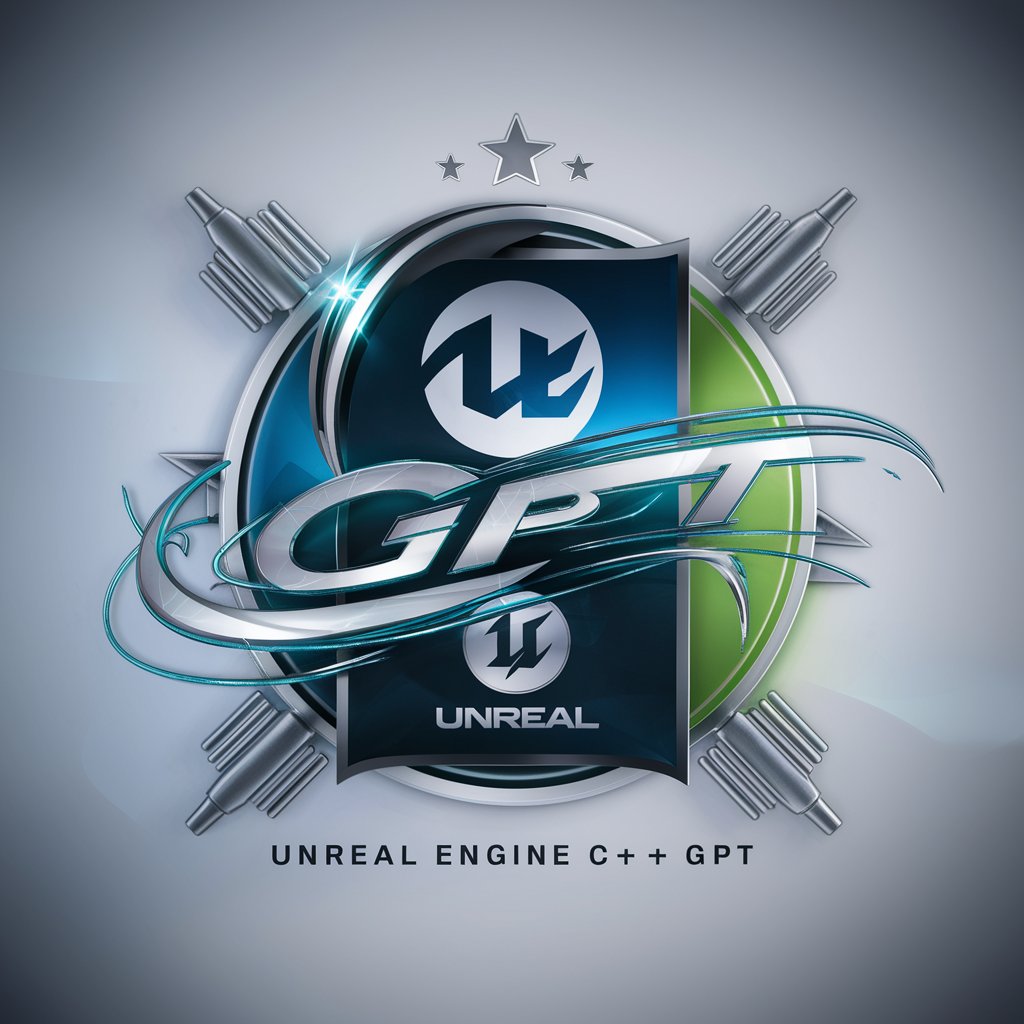
ARM Assembler Guru
Optimize ARM assembly with AI precision.
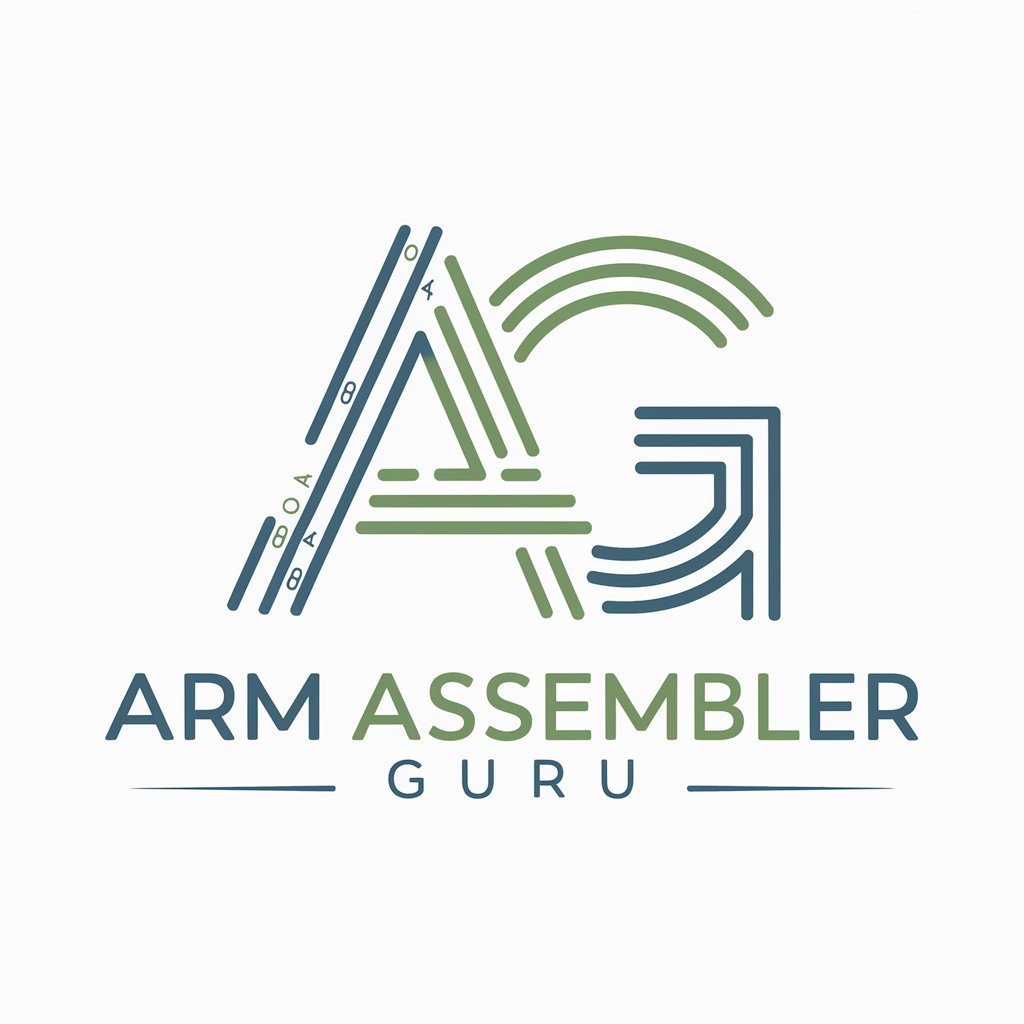
文章写作专家
Unlock Your Writing Potential with AI

Research+
Unlock the power of AI for research.
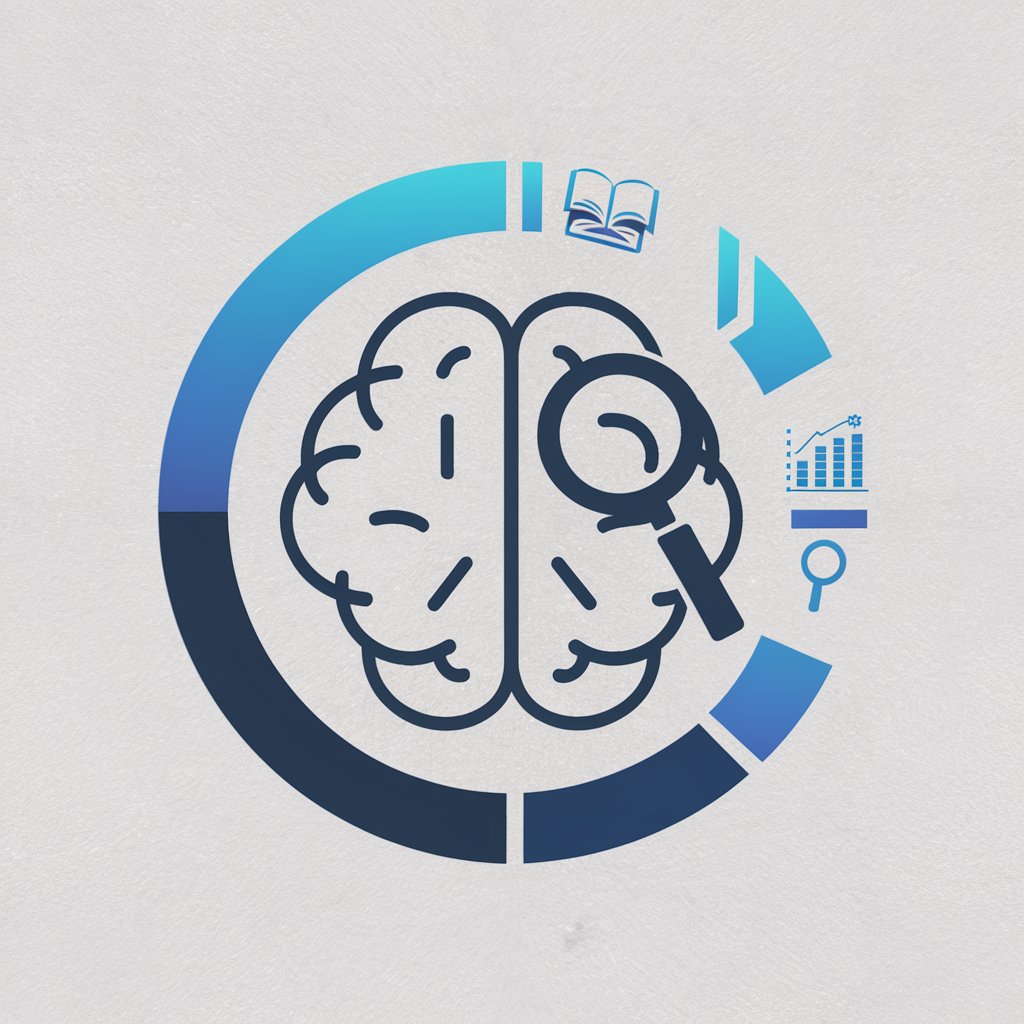
Java Unit Test Creator
Automated Java unit testing powered by AI.
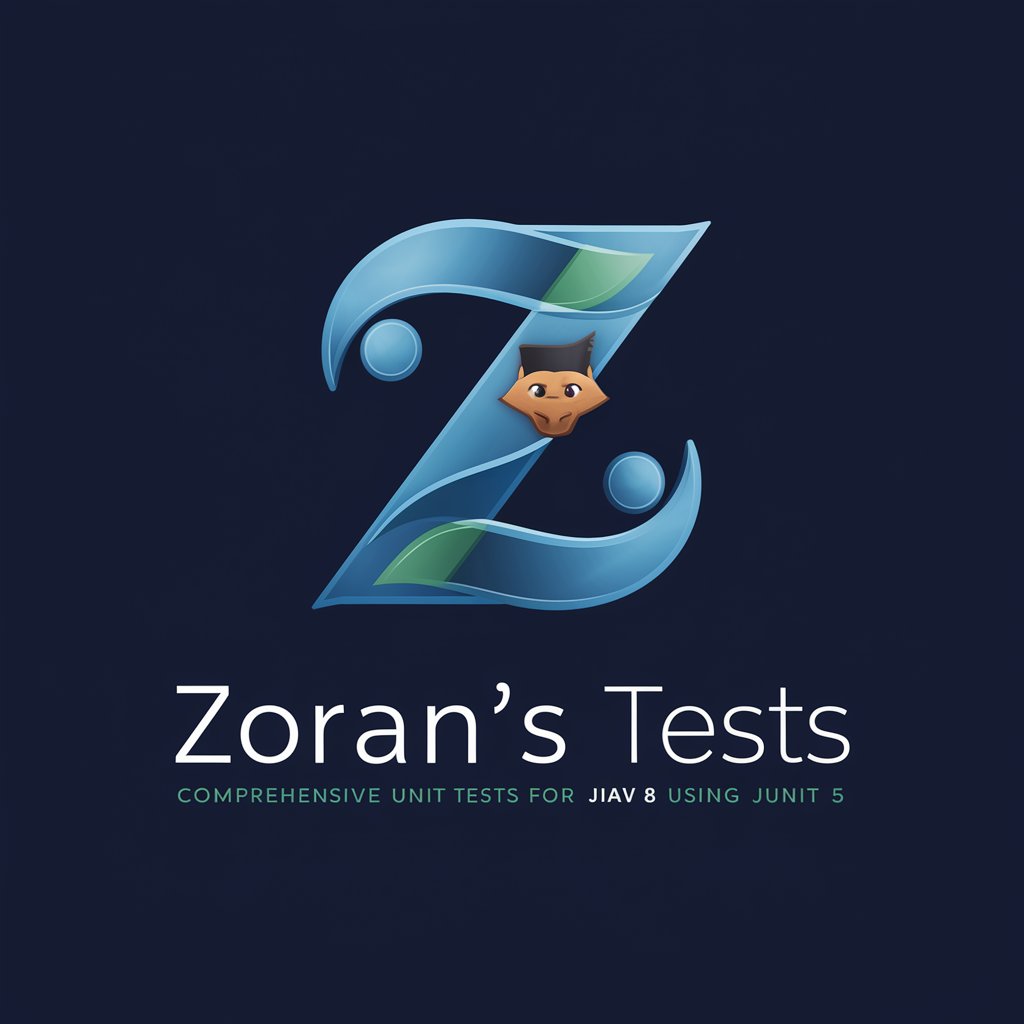
Table Maker
AI-powered, Instant Table Generation
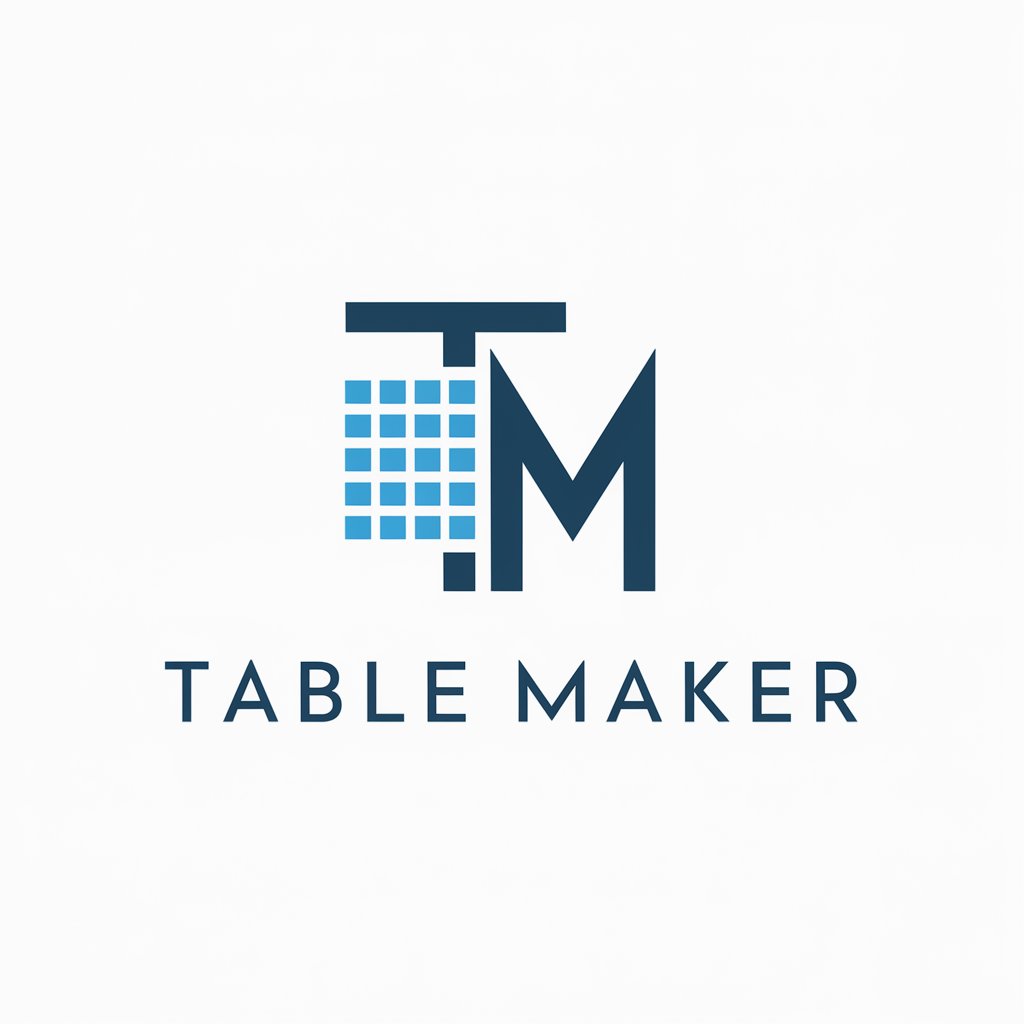
TOK Essay
Enhance TOK essays with AI insights.
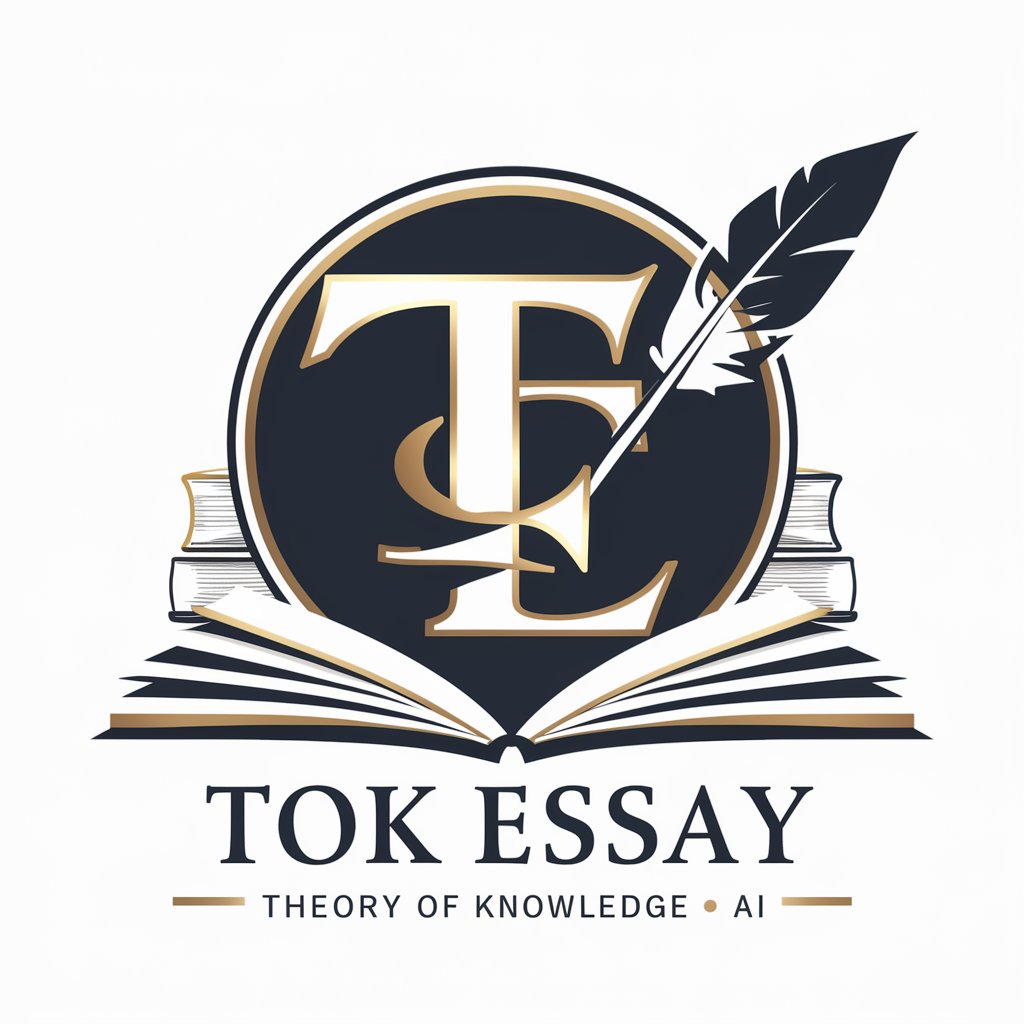
Technical Architect
Architecting the Future with AI

Spring GPT
AI-driven support for Spring & Bazel.

website summary
Unlock insights with AI-powered summaries.
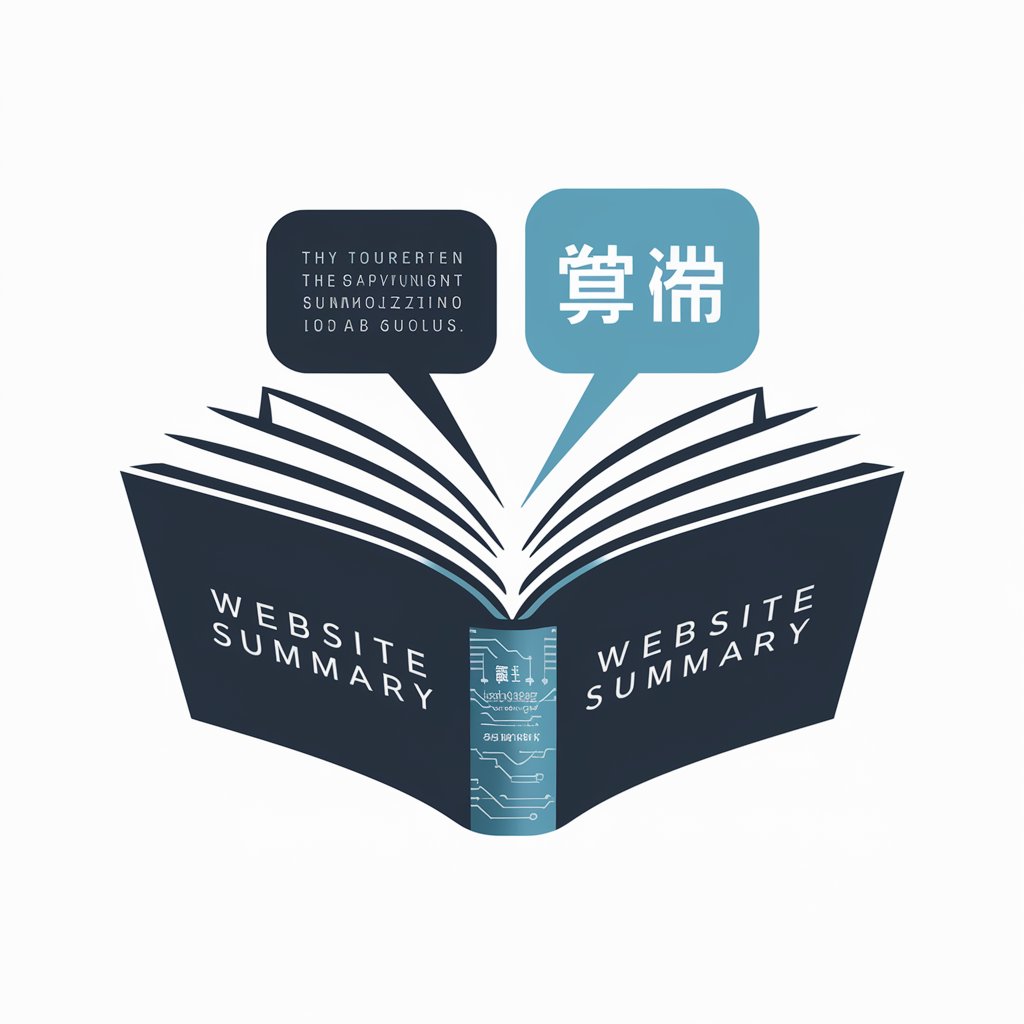
Website Analysis
Unlock your website's potential with AI-powered analysis.

Small Busines All In One
Enhance your business with AI-powered insights.
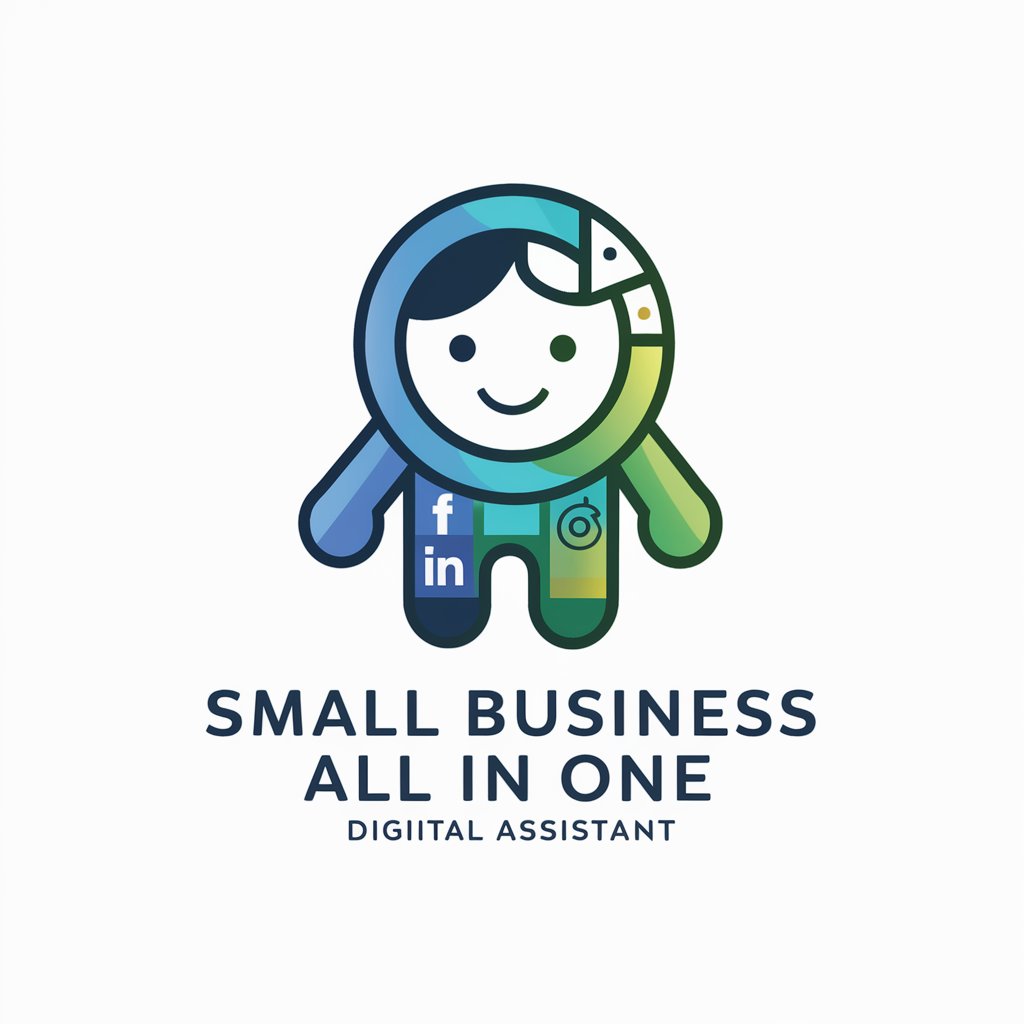
FAQs about Clinical Case Note Composer
What is Clinical Case Note Composer?
It is a specialized tool designed to assist clinicians in writing detailed and structured clinical case management notes. It emphasizes adherence to professional standards and DSM criteria.
Can I use the tool for group therapy notes?
Yes, the Clinical Case Note Composer can be adapted for group therapy settings by inputting multiple client interactions and focusing on group dynamics and collective responses.
How does the tool handle confidentiality?
The tool ensures confidentiality by allowing users to input de-identified data, focusing solely on clinical information and treatment details without revealing client identities.
Is there a feature to revise notes?
Yes, users can revise generated notes to ensure accuracy and compliance with ongoing treatment strategies and updates in client condition.
What training do I need to use the tool effectively?
Basic training in clinical documentation and familiarity with DSM criteria are recommended to use the tool effectively, enhancing its clinical precision and relevance.
